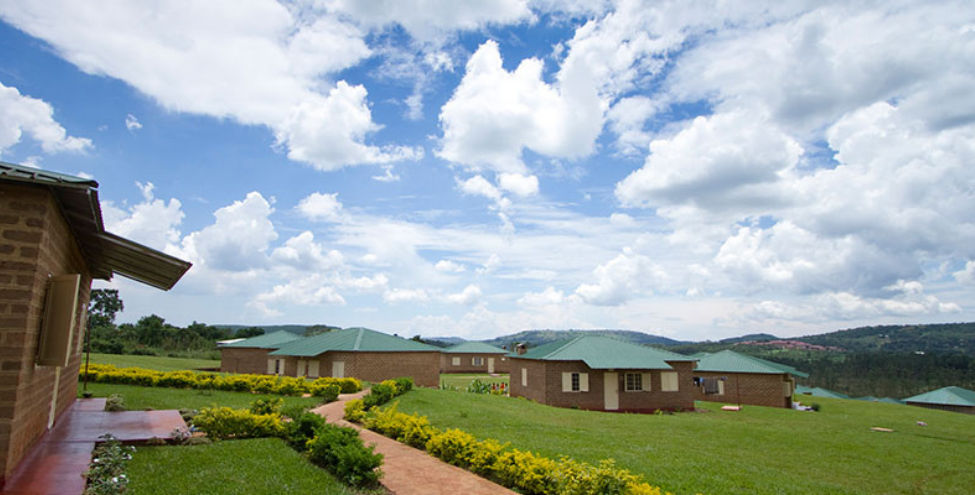J210 Watoto Village Project
Uganda, Africa
In partnership with Watoto and Watoto Australia
Gender Equality and Empowerment
Sustainability
WASH (Water, Sanitation and Hygiene)
Education and Vocational Training
Child Protection
Capacity Building
Community Development
Health






The Situation
This project addresses the challenges faced by vulnerable children and women in Uganda and South Sudan. Many children are orphaned or abandoned due to poverty, disease and conflict, leaving them without access to basic necessities like education, healthcare, and family support. Women, especially single mothers or widows, face significant hardships, often struggling with financial instability, limited access to healthcare, and a lack of education or vocational skills. These challenges perpetuate cycles of poverty and dependency, hindering both children and women from achieving a better future.
The Objectives
This project seeks to break these cycles through holistic programs that transform lives and communities. The primary objectives include:
- Providing safe, nurturing homes for children and babies: Through Watoto Villages, children are placed in family-style homes where they receive access to education, healthcare, and the emotional support they need to grow into responsible, empowered adults. By focusing on their overall well-being, the project equips these children to become future leaders in their communities.
- The Watoto Neighbourhood program empowers vulnerable women, including single mothers and widows, by providing essential support services. Neighbourhood Women receive safe housing, medical care, adult literacy classes, along with vocational and business skills training and support for their children's education. This comprehensive approach equips women with the tools and knowledge needed to achieve financial independence and improve their quality of life. By fostering resilience and self-sufficiency, Watoto Neighbourhood helps women create stable, nurturing environments for themselves and their families, creating a ripple effect of positive change within their communities.
- Ensuring girls stay in school: The Keep a Girl in School initiative provides feminine hygiene products and sanitation education, addressing a key barrier to girls' education. By ensuring girls can remain in school without interruptions, this project helps them build a foundation for a better future.
J210



